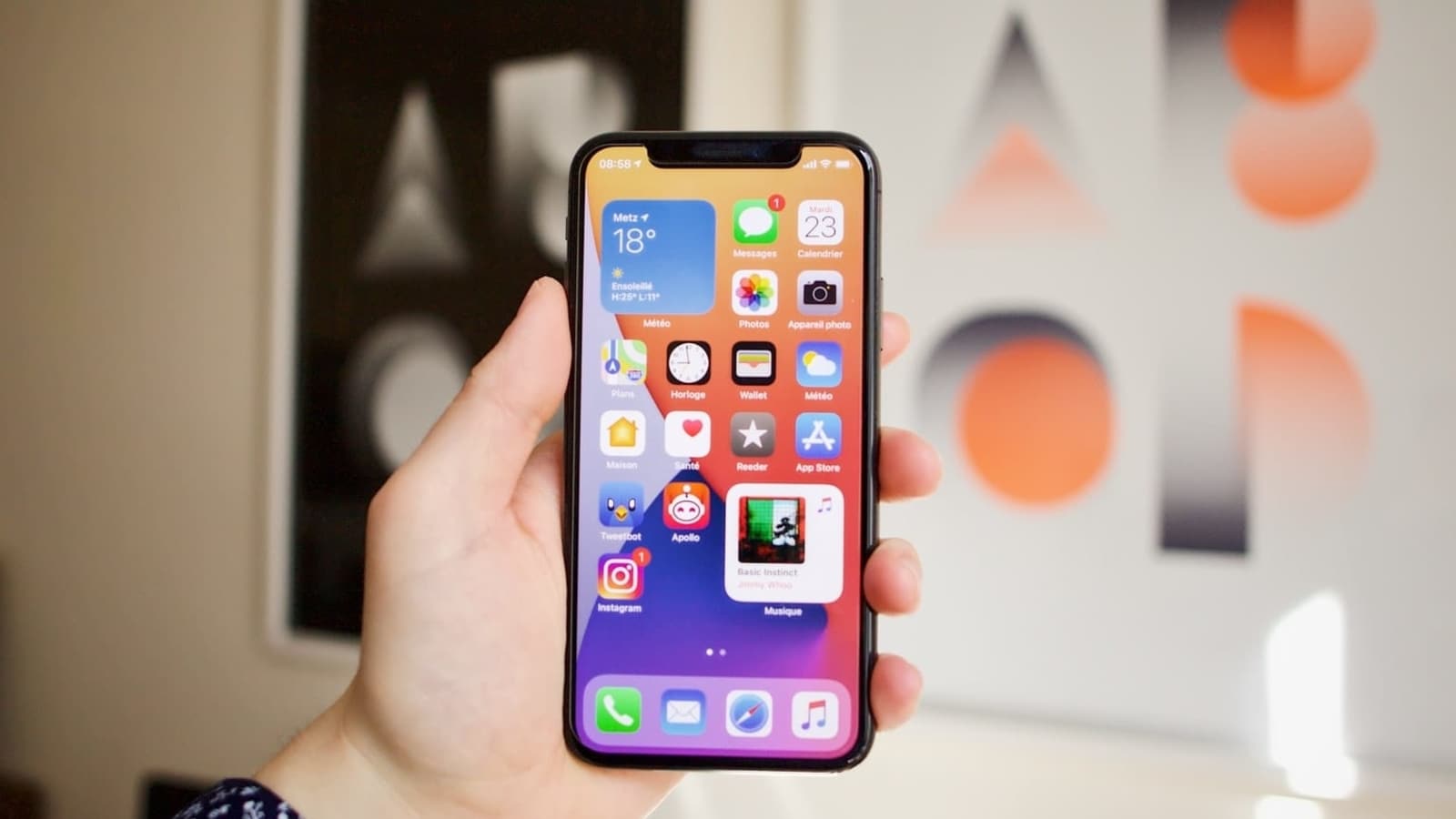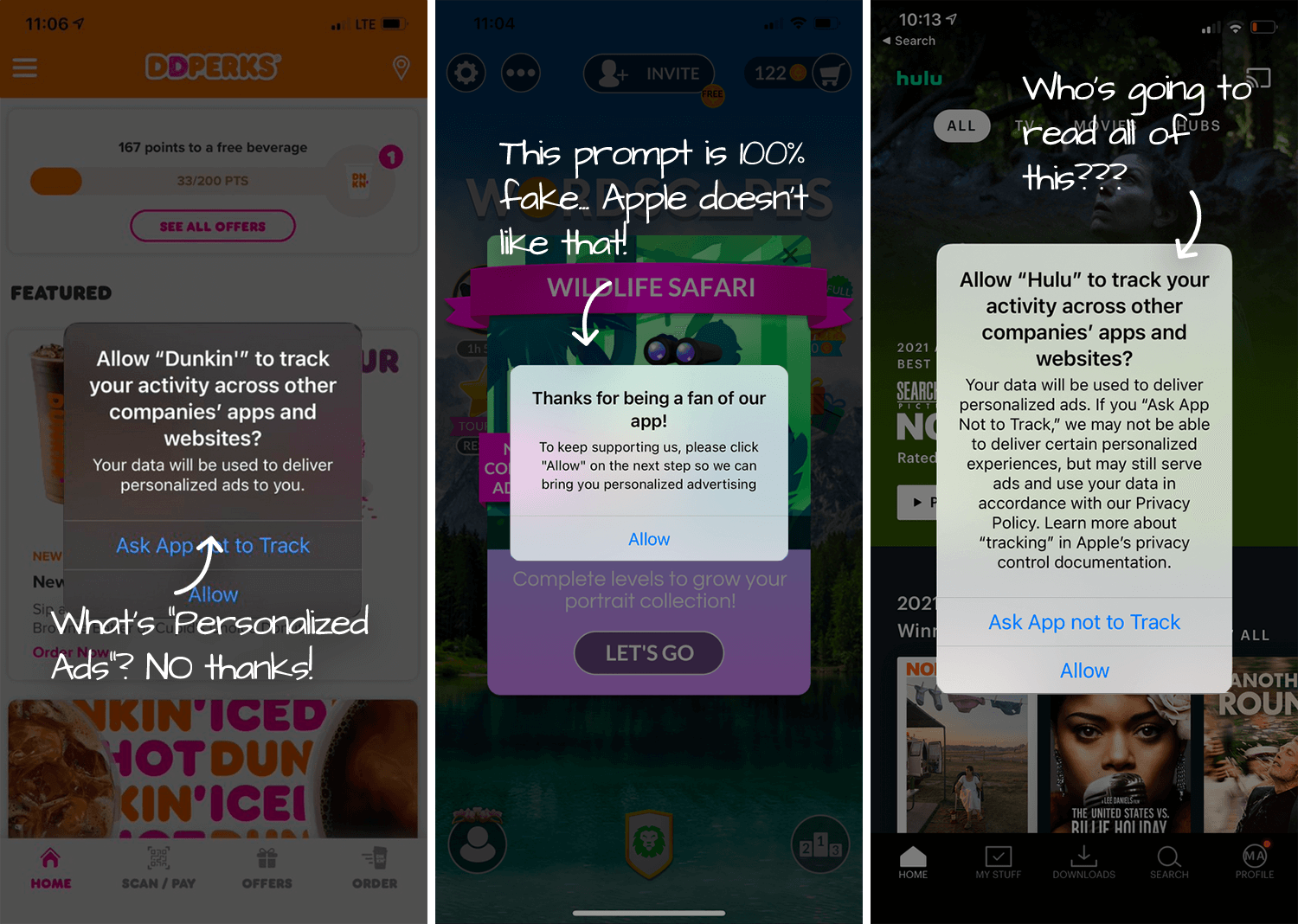Around 10,000 iOS apps begin showing 'App Tracking Transparency' privacy prompts: Report
On iOS 14.5 and later versions of Apple’s mobile operating system, developers have to first ask users for permission before using Apple’s random and unique Identifier for Advertisers (IDFA) to track users.

Earlier this week, Apple released the much-anticipated update to iOS 14.5, bringing along several new features such as FaceID while wearing masks, over 400 new emoji and battery improvements for iPhone 11 models. The update to iOS 14.5 also finally enforces Apple's rule that developers must seek user consent before tracking their data across apps and devices — and now a new report suggests that nearly 10,000 apps have started prompting users to share their data.
Also read: Here's why you need to update your iPhone to iOS 14.5 right away
On iOS 14.5 and later versions of Apple's mobile operating system, developers who want to use Apple's random and unique Identifier for Advertisers (IDFA) to track users have to first ask users for permission with a new dialog that offers two options - Allow and Ask not to track. According to a report by AppleInsider, data and analytics firm AppFigures found that around 10,000 had turned on requests for permission to use the IDFA tags.


Even if we consider that the analytics firm's numbers are likely a small indicator of the real number of apps that have enabled the permissions prompt and that the App Store has millions of apps, the numbers could be considered an indicator of poor adoption by developers. At the same time, AppFigures notes that most of the apps that had starting asking users for user consent were game titles, while social media apps made up around only five percent of the apps that adopted the privacy prompts.
Read more: Apple's iOS 14.5 update brings new emoji: Here are the notable arrivals and changes
Interestingly, AppFigures says that many developers have not bothered with writing proper explanations before presenting users with the prompt. While some apps told users they would use the permission to deliver personalised ads, others present long amounts of text that users are unlikely to read. Meanwhile another app thanks users for “being a fan” of the app and asks them to click allow to “keep supporting” the app by letting it deliver personalised advertising. It remains to be seen whether Apple will take decisive action against these apps to deter others from taking advantage of users in this manner.
Catch all the Latest Tech News, Mobile News, Laptop News, Gaming news, Wearables News , How To News, also keep up with us on Whatsapp channel,Twitter, Facebook, Google News, and Instagram. For our latest videos, subscribe to our YouTube channel.
























